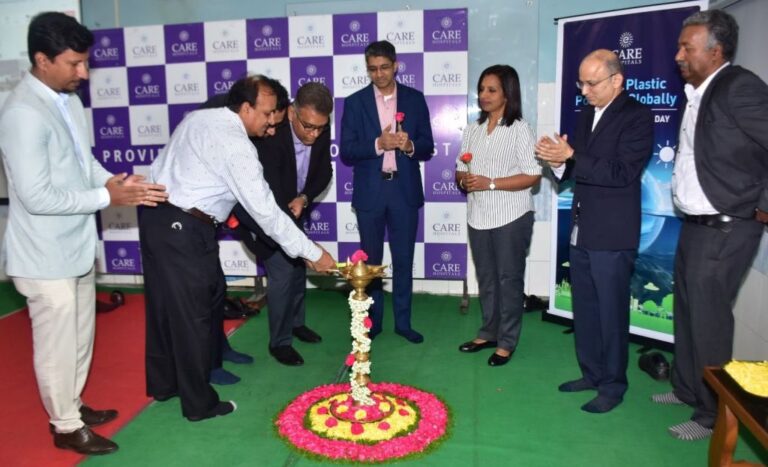
Pollen development is a critical phase in the lifecycle of flowering plants, essential for successful reproduction and seed formation. The pollen grain functions as the male gametophyte, delivering genetic material to the ovule. For a seed to be produced, several processes must occur: viable pollen grains must reach the stigma, they must germinate, and the pollen tubes must grow through the style to fertilize the ovules within the ovary.
The discovery of the HMGB15 gene has significant implications for agriculture. Mutations in this gene result in partial male sterility in plants, showcasing its role in determining pollen grain viability and normal pollen tube growth rates. Mutant plants exhibit various deficiencies, including low viability of pollen grains, abnormal pollen wall structure, and failure to achieve proper pollen tube length, leading to reduced seed production.
Understanding the mechanisms behind pollen development, as elucidated by the findings pertaining to the HMGB15 gene, opens avenues for enhancing crop fertility and productivity. The research is documented in journals such as Plant Physiology and Plant Reproduction, reflecting its contribution to the field.These insights not only advance our knowledge of plant biology but also potentially inform breeding strategies aimed at improving agricultural yields and resilience through enhanced reproductive success.




